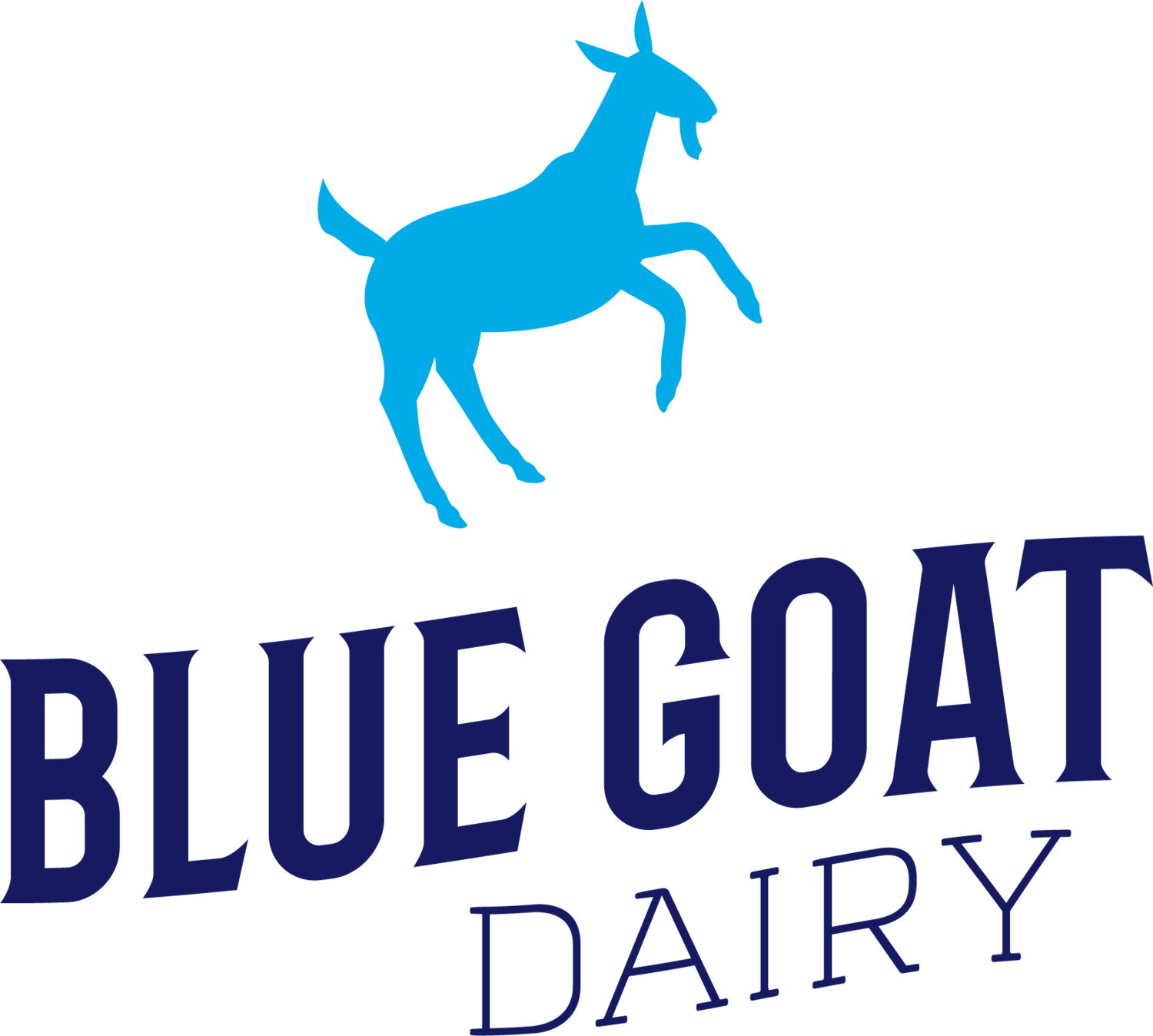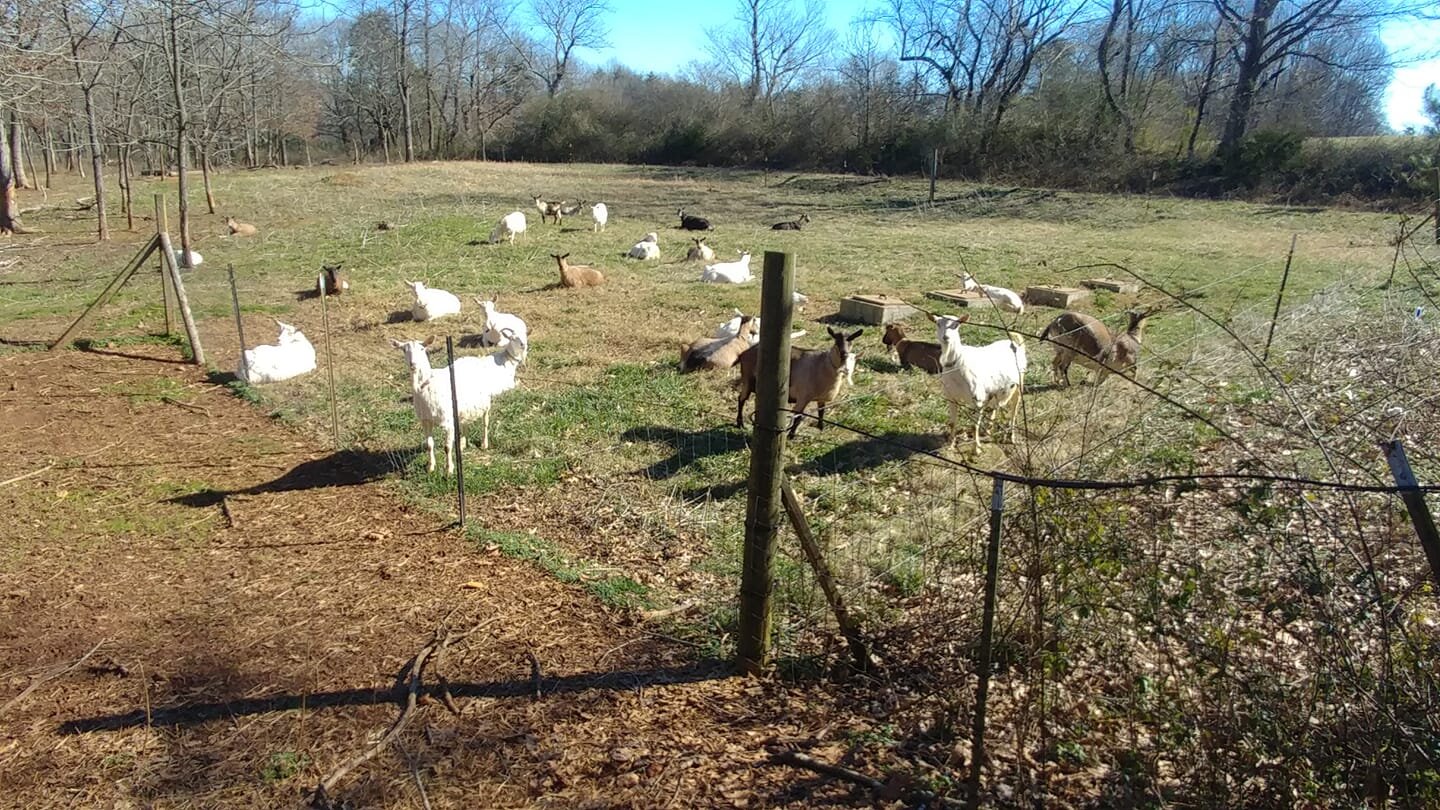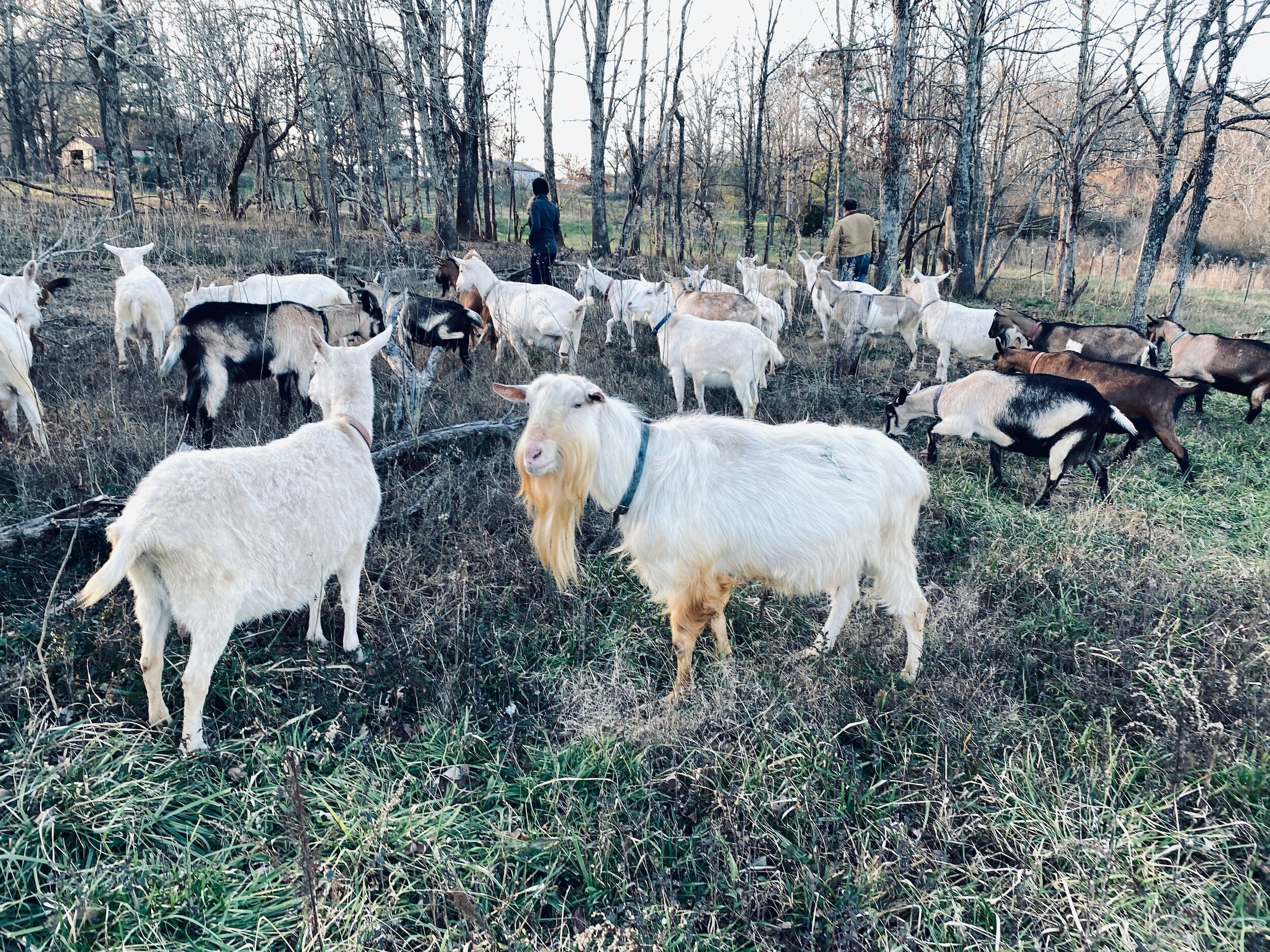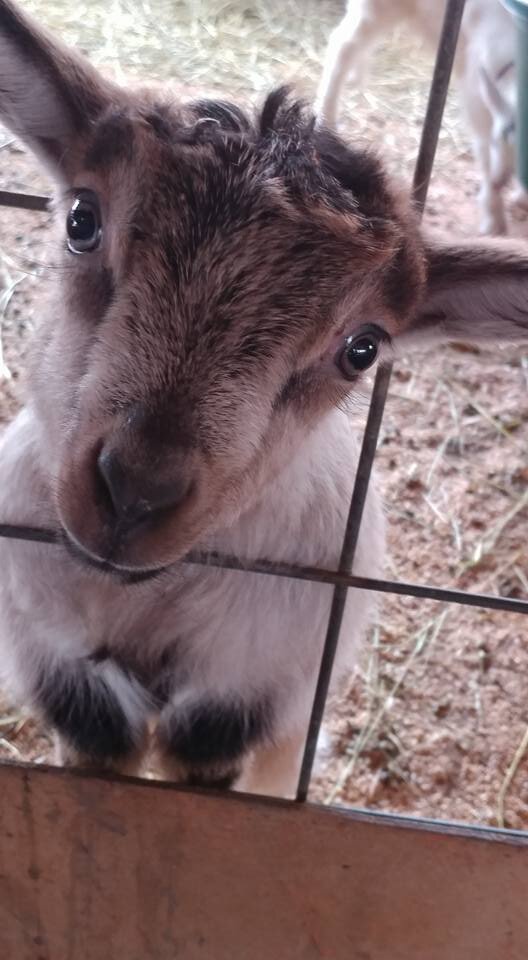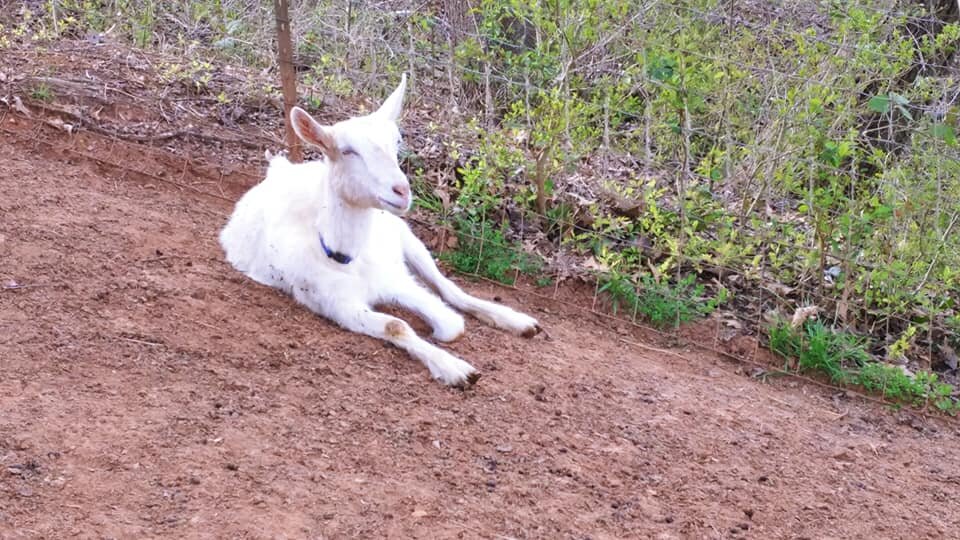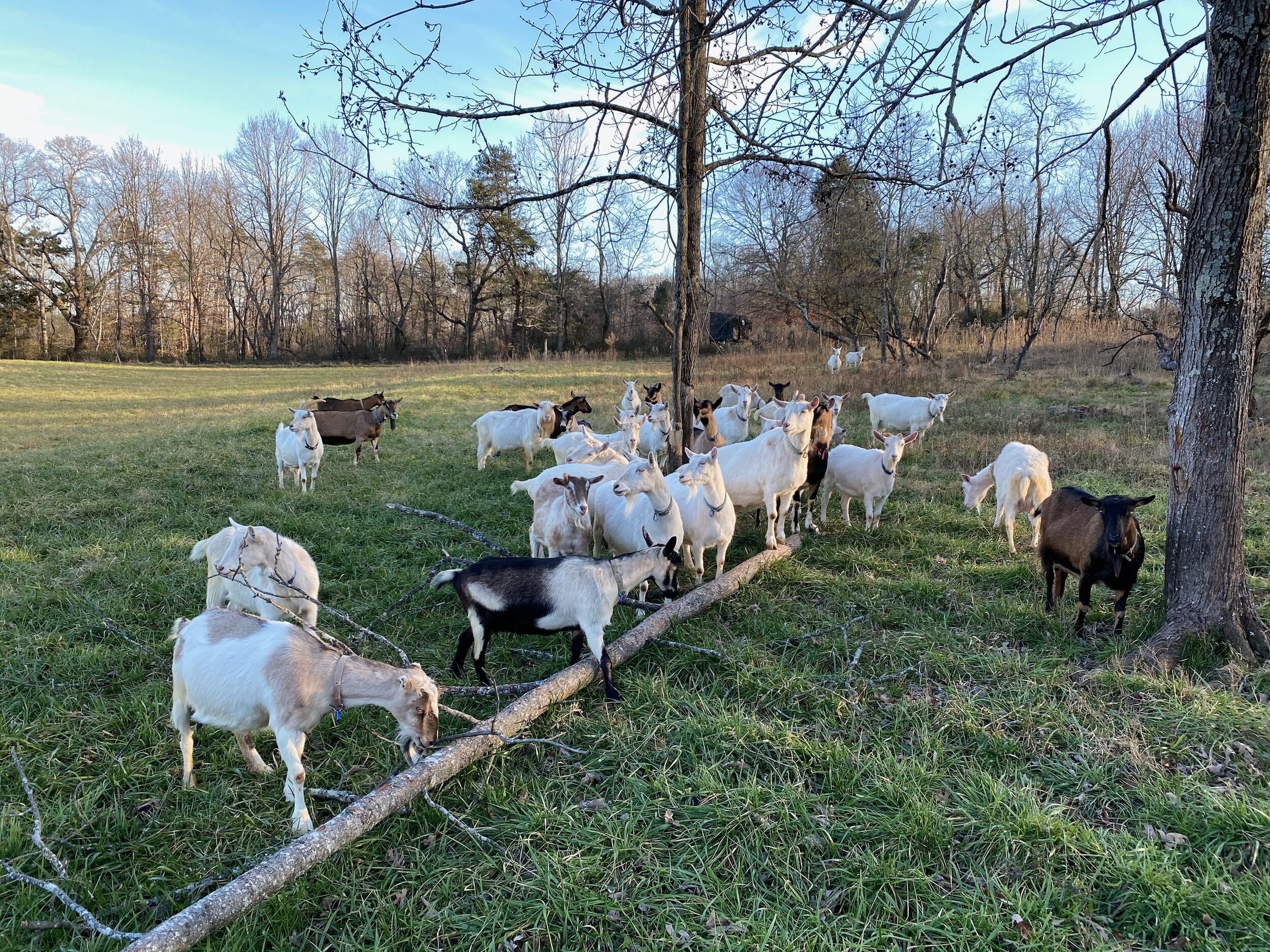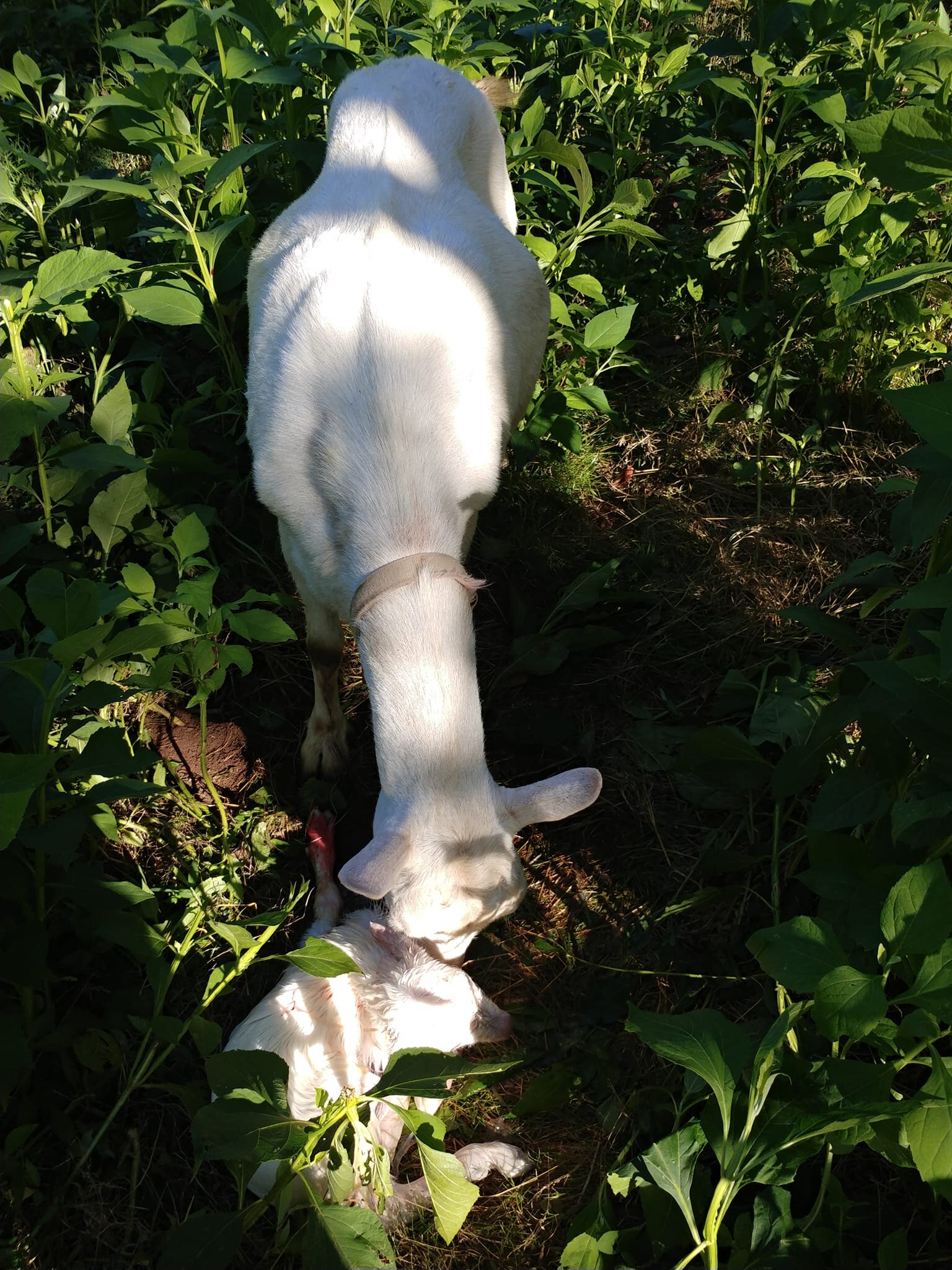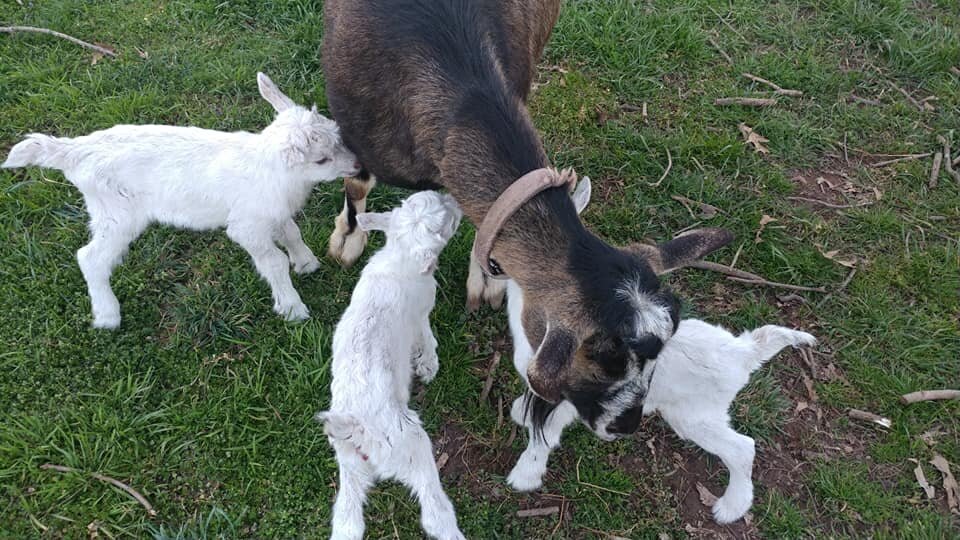Meet Our Happy Goats
We take all-natural to new levels
We care for our Saanen and Alpine goats the same way we care for our own health, as non-interventive as possible.
Nature is truly miraculous.
Most of the time, animals can take care of their own needs: warding off illness, birthing babies, and doing what comes naturally! However, sometimes they do need a little help – usually because the environment they have come to live in is different from their native habitat (Switzerland). Therefore we introduce practices to keep them in their best health. For example, we trim their toenails: no rocky crags here to keep them worn down.
We also treat them for parasites and worms, but we choose to use herbs, oils, and homeopathic to tend to those needs. We make our combination treatments for most conditions and our own all-natural teat wash solution.
The stalls get sprayed every six months with oil essences that weaken or eliminate parasites and bacteria. Their food is chemical-free: our hay is locally grown and never sprayed or treated. Even their clean well water has cider vinegar added for their health. As close to natural as possible with no harmful side effects!
Of course, if something rare or dangerous occurs, our wonderful vet comes to help! She also comes to the farm to do a thorough heard assessment annually.
The tremendous response we have had from all of this shows us that our trust in natural means and as much nonintervention as possible is well-founded. And the results speak for themselves. The quality of the cheese that comes from our healthy, happy goats and their pure, delicious milk is evident. You can tell the difference!
Quality care equals delicious, fresh cheese products! Taste for yourself!
Q&A from the UPTOWN FARMER’S MARKET
Rebecca Borland
Rebecca and her husband, John are the founders, creators, and farmers behind Blue Goat Dairy. Founded in 2016 and looking toward expansion.
Q: Tell us a little about your goats. How many do you have? Are they difficult to care for?
A: “Goats are one of the hardest farm animals to take care of because they are so delicate. We treat our goats with natural remedies such as homeopathy and herbs to keep them healthy. The goats are fed with all-natural local hay that is not treated with sprays or other harmful chemicals. After the milk comes from the goats, we pasteurize it then we make it into all the different flavors immediately. The sooner the milk is used the fresher the cheese is.”
Q: How do you come up with all the different flavors of goat cheese?
A: “I take spices that I am interested in and look up different recipes from all around the world. Then I experiment to find out what would translate well into cheese. Next, I take the combination of spices and mix it with something more solid, such as dried fruit or an olive. It can take up to a year to come up with a new flavor.”
Q: What is your favorite flavor?
A: “I love them all, but I tend to favor the savory flavors to cook with. I find the lemon dill to be the most versatile because it goes well with chicken, seafood, and green vegetables. The garlic chive is also popular to use in grilled cheese sandwiches, mac and cheese, mashed potatoes, and just about anywhere else. All flavors have good uses whether just to eat or to cook with.”
Q: What other products do you sell besides your goat cheese spreads?
A: “We have several different combo packs with four different flavors with crackers, spoons, and a description sheet. The packs sell out fast, so if you want one come early! We also sell two jar medleys called Tango and Samba. They come with goat cheese, olive oil, peppers, and are finished with capers and sundried tomatoes or olives and more peppers. ”
